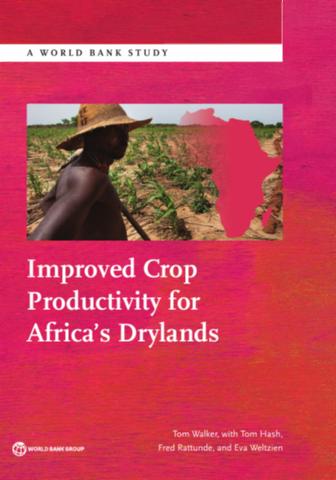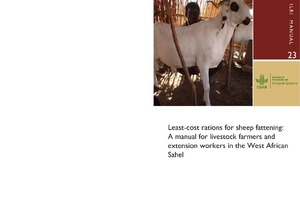More than 200 million people living in dryland regions of Sub-Saharan Africa make their living from agriculture. Most are exposed to weather shocks, especially drought, that can decimate their incomes, destroy their assets, and plunge them into a poverty trap from which it is difficult to emerge…
More than 200 million people living in dryland regions of Sub-Saharan Africa make their living from agriculture. Most are exposed to weather shocks, especially drought, that can decimate their incomes, destroy their assets, and plunge them into a poverty trap from which it is difficult to emerge…
The focus of this review has been on both documenting the general resilience of many fish resources to climatic variability and its underestimation in livelihood importance, including in protracted crisis situations, but also on enhancing the potential supply of fish from dryland areas by better…
FAO has focused and integrated its work in the Region through three Regional Initiatives. The Initiatives respond to the priorities of member-states and will achieve demonstrable impact in a time bound manner, whilst responding to FAO’s Strategic Objectives. In Africa, the Regional Initiatives…
TTI disseminates current information on all aspects of tsetse and trypansomosis research and control to institutions and invididuals involved in the problems of African trypanosomosis. This services forms an integral part of the Programme Against African Trypanosomosis (PAAT).
As World leaders forged two new big deals in late 2015 – the Sustainable Development Goals (SDGs) and the Climate Change Agreements – over 200 experts and technical officers working in fields related to land and water management, participated in the 3rd Land and Water Days held at the Food and…
FAO established a presence in Equatorial Guinea more than 30 years ago with the opening of a country office in Malabo. In June 2013, cooperation was strengthened with the establishment of a Partnership and Liaison Office and the appointment of the first FAO Representative in the country
Hace más de tres décadas se abrió la primera oficina en Malabo para atender los temas de la FAO en Guinea Ecuatorial. El 20 de junio de 2013 se estableció oficialmente la Oficina de Enlace y Partenariado y se nombró al primer Representante de la FAO en el país.
Electronic files of all major publications produced by FAO Forestry and the FO decentralized forestry units plus selected key publications from the same period produced by the FAO technical departments. The publication catalogue/CD-ROM/USB will be used to support knowledge sharing in forestry…
FAO has a long history of partnership with the countries of the Organisation of Islamic Cooperation (OIC), providing policy advice, analysis and technical assistance in agriculture, livestock, fisheries, forestry, natural resources management and food security in its commitment to support…



